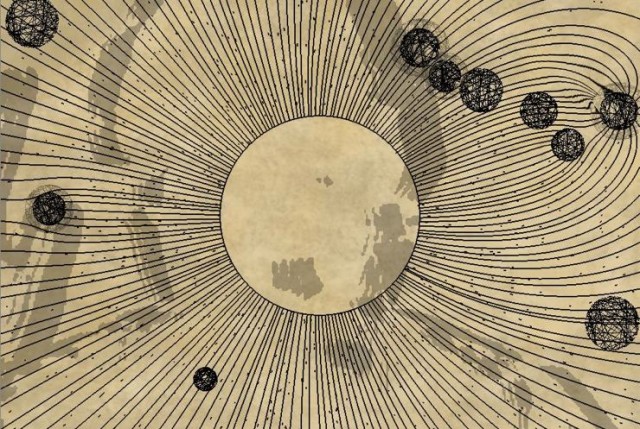
One child falls down a well and there is more news coverage in forty hours than Rwanda and Darfur put together. When people 'feel' sympathy for a victim they care and are willing to take action. But when people have to 'think' about a crisis they are far less willing to do so.Ĭlimate change. How do we get people to care about a crisis that is more abstract, less immediate, and in the long-term future? Lame attempts at eliciting sympathy for polar bears or displaced Northern coastal communities? The problem is far more crucial than this. Ariely suggests "reward substitution" to get people to do things for global warming AS IF they care. Playing to the irrational ego toward a rational end. I suspect 'game design' may become important in this respect - marketers and large corporations designing recreational or consumer driven activity that draws on cognitive surplus, immediately satisfies the irrational, selfish ego, yet somehow contributes to effecting change and benefiting society. I want to see us harness this power to transform society that Daniel also wants to see. I'm a designer now, because once a long time ago I was a gamer. I'm a smarter, wiser, more experienced person now. Games are a lot bigger but they haven't really grown. They haven't kept pace with me.Īs a player, I have this desire to be transformed. doesn't have anything fundamentally valuable to me that any other game hasn't always given me. I still love games, but it's frustrating. So, I'm encouraging all of us to make things that are worth while, or deep, or interesting. But what is worth while? That's a very subjective question.

And surely your ideas about that are different from mine, and the games I would make left to my own devices would be very different from what you make.


 0 kommentar(er)
0 kommentar(er)
